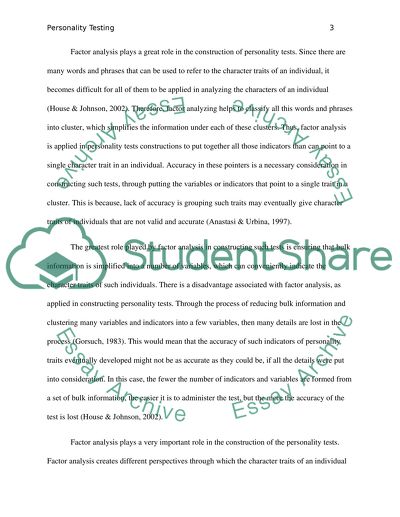Cite this document
(“Reliability and Validity of Personality Testing Paper Essay”, n.d.)
Retrieved from https://studentshare.org/psychology/1448450-reliability-and-validity-of-personality-testing
Retrieved from https://studentshare.org/psychology/1448450-reliability-and-validity-of-personality-testing
(Reliability and Validity of Personality Testing Paper Essay)
https://studentshare.org/psychology/1448450-reliability-and-validity-of-personality-testing.
https://studentshare.org/psychology/1448450-reliability-and-validity-of-personality-testing.
“Reliability and Validity of Personality Testing Paper Essay”, n.d. https://studentshare.org/psychology/1448450-reliability-and-validity-of-personality-testing.


